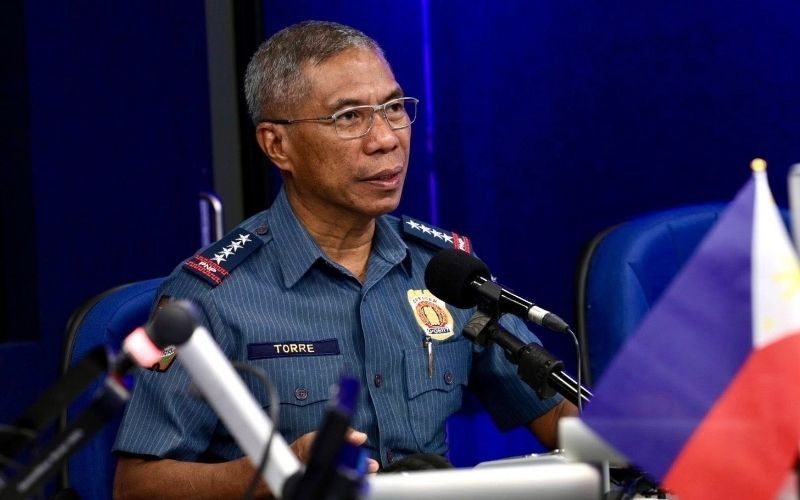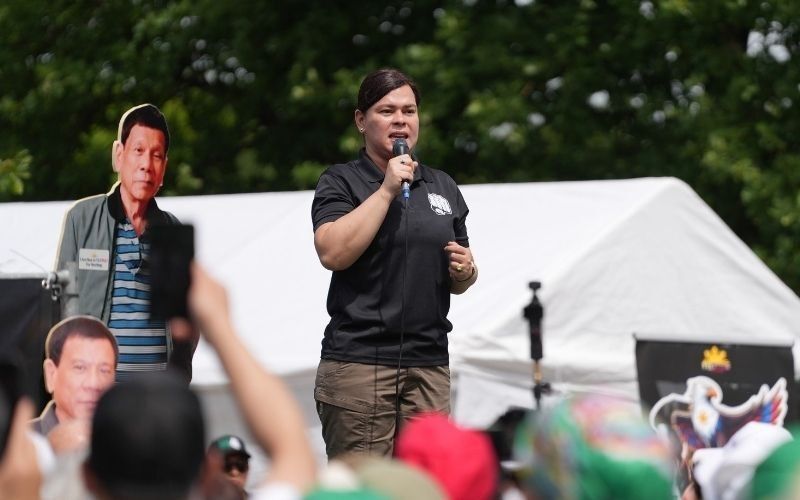
Upgrade to High-Speed Internet for only ₱1499/month!
Enjoy up to 100 Mbps fiber broadband, perfect for browsing, streaming, and gaming.
Visit Suniway.ph to learn
Pia Lee-Brago - The Philippine Star
April 15, 2025 | 12:00am
In response to a Commission on Elections invitation, High Representative and vice president of the European Commission Kaja Kallas decided to deploy an EU Election Observation Mission.
Pixabay
MANILA, Philippines — For the first time, the European Union has deployed 72 long-term observers to the Philippines to study the May 12 midterm elections.
In response to a Commission on Elections invitation, High Representative and vice president of the European Commission Kaja Kallas decided to deploy an EU Election Observation Mission.
The EU EOM arrived in the country at the end of March, with an initial group of 12 experts based in Manila. A second group of 72 long-term observers will be deployed on April 16 across all the regions.
Additional EU observers will be deployed around election day. The EU EOM will remain in the country until the completion of the election process.
Kallas appointed Marta Temido, member of the European Parliament, as chief observer.
“It will be a privilege to lead the 2025 EU Election Observation Mission to the Philippines. I look forward to meeting and engaging with representatives of state institutions, political parties, candidates, civil society and other electoral stakeholders in the Philippines,” Temido said.
The 72 long-term observers are currently undergoing training in Manila to familiarize themselves with the Philippines’ electoral process and campaign environment. After five days of intensive preparation, they will be deployed in pairs across the country.
“Electoral observation is not just the task of one day: the quality of the electoral process has to be continuously reassessed and improved,” the EU EOM said.
“A democratic election is incomplete without a level playing field, fair competition between candidates, freedom of expression, of assembly and association, the respect for human rights and a neutral and independent election management body. A vibrant civil society and diverse media landscape are also essential pre-requisites,” it added.
The EU EOM will provide a comprehensive, independent and impartial assessment of the electoral process based on international and regional standards for democratic elections.

 1 month ago
21
1 month ago
21



